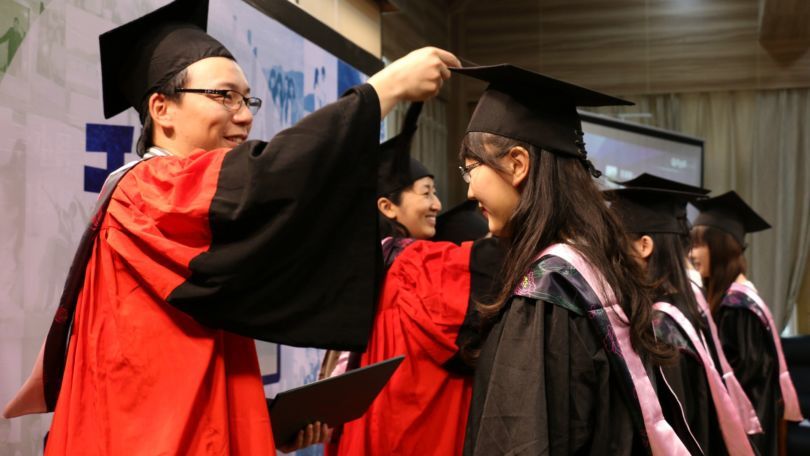Report about Chinese collaboration taken offline: ‘We’re depicted as spies’
-
 Photo for illustration. © Locies (Pixabay)
Photo for illustration. © Locies (Pixabay)
After receiving complaints from Chinese staff and students, Radboud University took offline a report containing advice for researchers about working with China. ‘The report depicted us as potential spies,’ says biophysics PhD candidate Ying Wang, who complained to the university.
You’re a researcher and you want to start collaborating with a Chinese university or knowledge institute. What should you pay attention to? What is the extent of academic freedom, for example, or the security of stored data?
In April, as a guideline for staff with such questions, the university published a report on Radboudnet from The Hague Centre for Strategic Studies (HCSS) entitled Checklist for Collaboration with Chinese Universities and Other Research Institutions. This 13-page document summarises 10 questions and answers that researchers should consider when entering into a collaborative project.
Potential spies
The publication upset the Chinese on campus. Ying Wang, a biophysics PhD candidate at the Donders Institute, sent a complaint to the International Office on behalf of herself, her Chinese colleagues and Chinese students. The publication with the link to the report subsequently disappeared from the intranet.
The report depicted Chinese who study or work at Dutch universities as potential spies, says Wang in her room in the Huygens Building. ‘We fear that the checklist contributes to a culture of suspicion towards Chinese individuals. And that, consequently, staff would regard us as less reliable colleagues.’
‘Communicating like this makes all Chinese suspected of stealing research data’
The HCSS report warns that collaboration with Chinese increases the risk of intellectual property rights being stolen. It referred to a non-specified Dutch university that has its Chinese students sign a non-disclosure agreement to prevent patents from being leaked to China. Another risk from the Dutch perspective is inappropriately using results for political gain.
Insult
Wang thinks that the report is a hurtful insult. ‘Communicating like this to staff members makes all Chinese suspected of stealing research data. Radboud University has always made efforts to prevent discrimination and racism, but by referring to this report they do the very opposite.’
After her complaint had been submitted, Wang met with a member of the university’s International Office. At this meeting Wang was offered apologies and an explanation for the publication. ‘Everyone makes mistakes,’ Wang says. ‘I’m satisfied with the way the university has solved this.’
Transition
In his reaction, university spokesperson Martijn Gerritsen says that the university had published the message ‘too quickly’. According to him, Wang’s complaint was part of the reason to remove the publication. ‘The Cabinet is expected to produce an extensive China strategy before the summer.’ The HCSS report was meant as a transition – for staff who already have questions now. ‘In retrospect we should have waited for the Cabinet.’
There are currently dozens of collaborative projects between Radboud University and Chinese institutes. ‘Just like collaborations with other foreign universities, collaboration with Chinese universities is of eminent importance,’ says Gerritsen, while adding that ‘academic freedom and transparency will always be priorities.’

